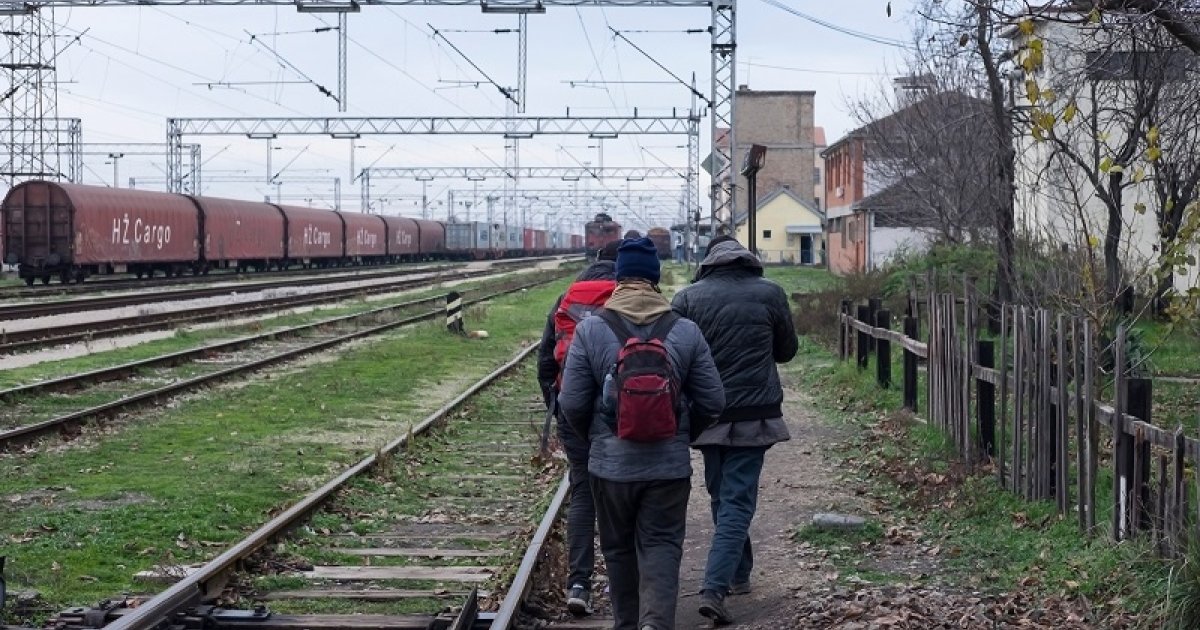Capt. Ironpants
Active Member
Ukraine has a similar problem with emigration, low birth rates and early deaths of males. The "demographic hole" because of the 1990s economic collapse was even more severe in Ukraine and with less recovery than seen in Russia:We have previously touched upon the issue of Russian emigration and the direct and indirect impact of both the war in Ukraine, the Russian mobilization, and also the general move toward a more autocratic society (also causing emigration), have all combined to have a massive negative impact on the Russian labor market. A short analysis related to this: Branislav Slantchev on Twitter: "https://t.co/Jj5D5TjhI2" / Twitter
The number of Russian workers between in the age range 19 -- 35 has decreased by 1.34 million in 2022, the largest decline since the fall of the USSR.
Russia has a "demographic hole" due to economic crisis in the 1990s that cause a collapse in birth rates 1993-2006. However, this does not explain reduction in other age groups, which is most likely explained by a combination of emigration, people killed/wounded in the war, and people mobilized.
The combination of all these factors (demographic hole due to economic crisis in 1990s; emigration; war in Ukraine) is creating a "perfect storm" that will hit Russian production massively. And it is only going to get worse.
https://data.worldbank.org/indicator/SP.DYN.TFRT.IN?locations=UA-RU
See also these sources for more on emigration from Ukraine before the Russian invasion:

Ukraine’s Quiet Depopulation Crisis
The government is trying to entice its people back, not entirely successfully.

Losing Brains and Brawn: Outmigration from Ukraine
Neither country can afford to lose a generation in this war.


